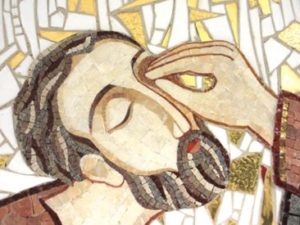 Coming to see Jesus, the Light of the World
Coming to see Jesus, the Light of the World
The gospel reading of this Sunday (the 2nd in the sequel) invites us to reflect on the story of the encounter between Jesus, the man born blind, his parents, and the Pharisees, so that we may experience Jesus as the Light of the World. What does light do? It dispels darkness; it makes us recognise possibilities. In the context of the gospel of today, the light helps us recognise God in person of Jesus.
The gospel text of today offers us three possible attitudes: (a) indifference towards Jesus – the position of the parents of the blind man; (b) blatant denial of the true nature of Jesus – the position of the Pharisees because they are caught up in the web of their Sabbath laws; and […]
 Don Bosco Youth Ministry Kenya, in collaboration with Positive Psychology Association of Kenya (PPAK) offers: Character Coaches’ Training – Level 1
Don Bosco Youth Ministry Kenya, in collaboration with Positive Psychology Association of Kenya (PPAK) offers: Character Coaches’ Training – Level 1 2nd Sunday in Lent – Year A
2nd Sunday in Lent – Year A Temptations: The Journey through the Wilderness
Temptations: The Journey through the Wilderness